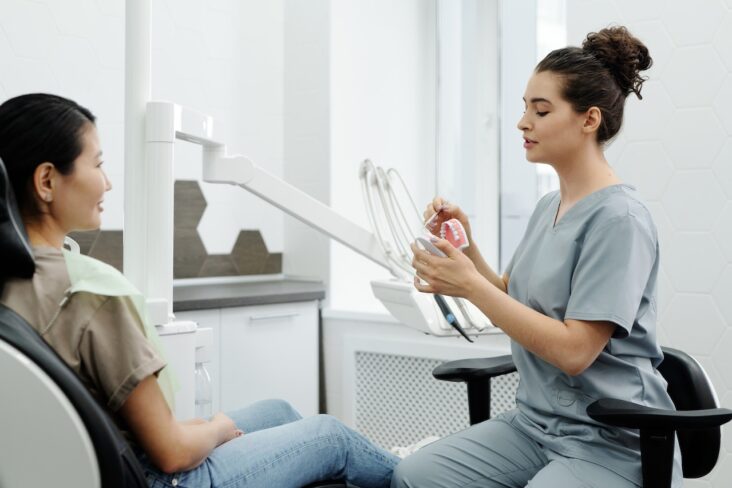Wisdom teeth, also known as third molars, are the last set of teeth to develop in the back of the mouth. They usually appear between the ages of 17 and 25 and may cause a range of issues in the mouth, although not everyone will have a problem with them and can get by with life without a single issue. That being said, wisdom teeth can either be impacted, which means they are stuck beneath the gum line and unable to erupt properly, or they can erupt normally. Those with impacted teeth may be at higher risk of problems, while those that have wisdom teeth that erupt normally will not have as high of a risk.
Are you one of those people who are having issues with wisdom teeth? If you think you are but are unsure, here are some signs you need to get them removed:
1. Crowding
When wisdom teeth don’t have enough room to emerge correctly, they can cause crowding and can damage the other teeth in the area. Additionally, they can increase the risk of infection. However, if they can fit properly, they can still be useful for chewing and breaking down food.
2. Pain
Pain in the back of your mouth is usually a sign that your wisdom teeth are beginning to come in. If they are not growing in the right direction or if there is not enough space for them to grow, it can cause discomfort. Such discomfort can either be occasional or persistent.
3. Inflammation
When wisdom teeth become impacted, they can cause gum problems that can be painful and lead to infection. If only part of the tooth has surfaced, a piece of gum may form on top of it. This will make it difficult to clean and can make bacteria accumulate, resulting in inflammation, bleeding, and pus drainage, which is a sign of infection.
4. Cyst Growth
Wisdom teeth can sometimes cause cysts in the jawbone and surrounding tissues. If the cyst is small, less than two centimeters in size, there may not be any noticeable symptoms. However, once it grows larger, people may experience swelling and tenderness in the teeth, and their teeth may move out of alignment.
5. Bad Breath
Having wisdom teeth can lead to bad breath, even if you take good care of your teeth. Since wisdom teeth are located in the back of the mouth, it can be difficult to clean them properly. If they are only partially erupted, the gaps can become a breeding ground for bacteria, causing your breath to smell bad. Even with regular brushing and flossing and avoiding sugary drinks, you may still have bad breath due to the wisdom teeth.
6. Impact
As wisdom teeth make room for new growth, they may cause other teeth to misalign, resulting in an overbite or underbite. This can lead to various other dental issues, not to mention an aesthetic change to your jaw and face which you may not like.
Conclusion
As you can tell by now, wisdom teeth are a lot of trouble, especially when they start causing problems. As such, if you notice something amiss with your oral health and suspect your wisdom tooth to be the root cause, be sure to visit the dentist. Even if it isn’t the cause, the fact that you’ve visited the dentist means that you’re well on your way to ensuring great oral health!
Watertown Dentistry offers a wide variety of dental services, from periodontal care to preventive dentistry, to help individuals manage their oral health, achieve their desired look, and so much more. If you are looking for the best dentist in Watertown to help deal with your wisdom teeth, book an appointment with us today.

